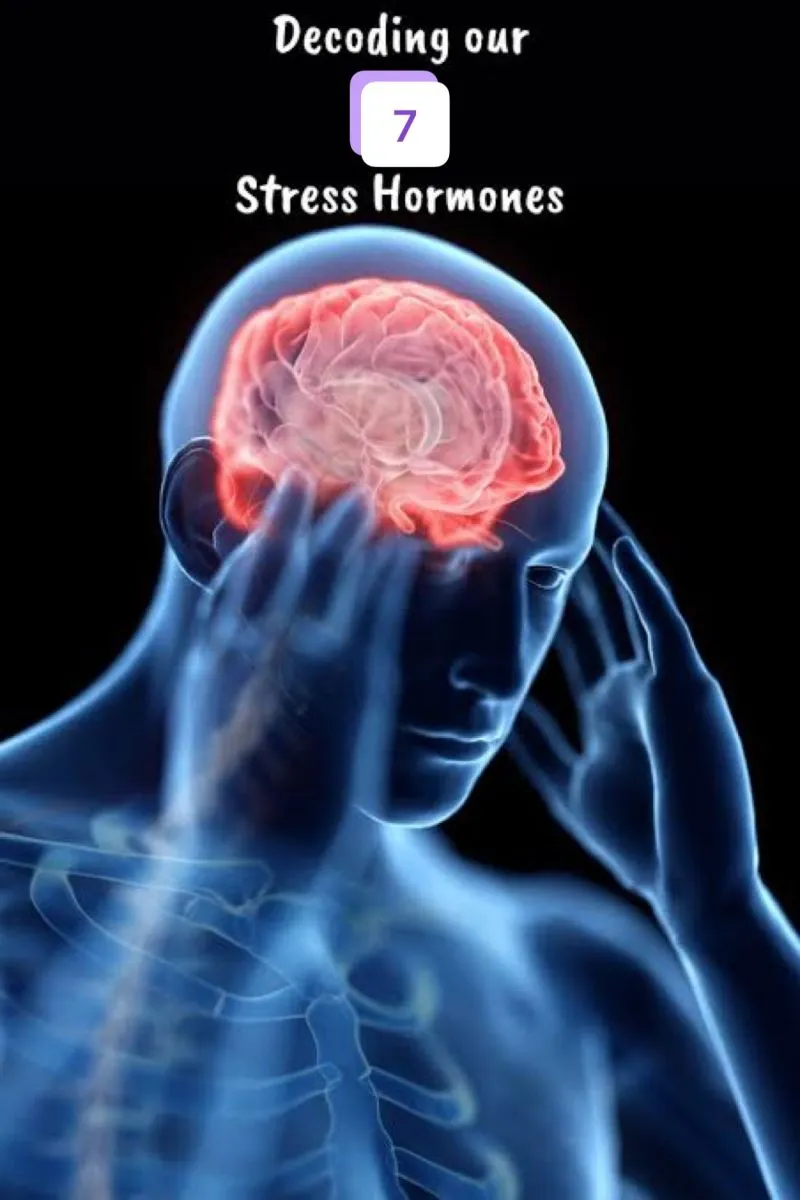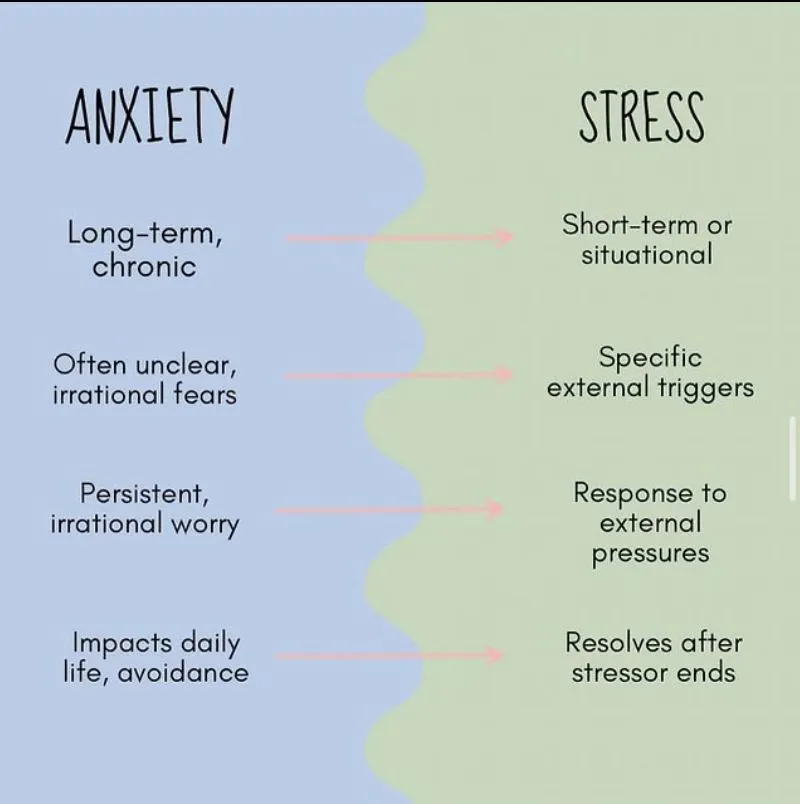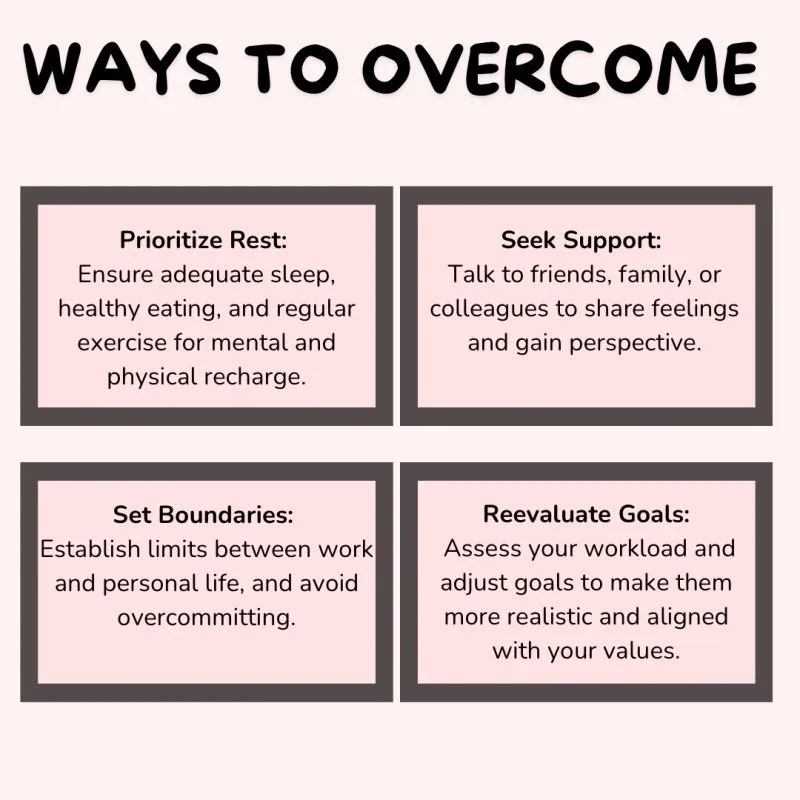Research suggests that chronic stress contributes to high blood pressure, promotes the formation of artery-clogging deposits, and causes brain changes that may contribute to anxiety, depression, and addiction
People with depression who perceive their social support as poorer have worse outcomes in terms of symptoms, recovery and social functioning, highlighting the critical role of emotional support in physical and mental health
Research shows 84% of people experience back pain during high-stress periods. Learn how emotional stress manifests as physical pain and discover healthy outlets for processing stress before it impacts your body.
When Your Back Speaks What Your Mind Can't Say
The Science: How Stress Literally Gets Under Your Skin
Recognizing When Back Pain is Really Emotional Pain
The Hidden Cost of Carrying Emotional Weight
Why Talking it Out Can Literally Take Weight Off Your Shoulders
When Professional Help Isn't Quite Right (But You Still Need Support)
Immediate Relief: Mind-Body Techniques That Actually Work
Creating a Support System That Actually Supports
Your Body is Asking for What Your Mind Needs
Stress-related back pain typically develops gradually without a specific injury, feels like a dull persistent ache, worsens during stressful periods, and often improves when you're relaxed or on vacation. Physical injury pain usually has a clear trigger, is more localized, and follows consistent patterns regardless of your emotional state. If your pain correlates with your stress levels and you find yourself saying things like 'I feel like I'm carrying the weight of the world,' it's likely stress-related.
Yes, research shows that verbalizing stress activates your brain's prefrontal cortex, which naturally reduces stress hormones and muscle tension. UCLA studies demonstrate that even single supportive conversations can reduce perceived stress by 23% and physical symptoms by 18%. When you feel genuinely heard and understood, your body's stress response calms down, often providing noticeable physical relief within hours or days.
Therapy is ideal for complex mental health conditions, trauma, or when you need clinical intervention and coping strategies. However, many people with stress-related back pain simply need a safe space to process emotions and feel heard without judgment or advice. Anonymous listening support can be perfect for situational stress, feeling overwhelmed, or when you're not ready for therapy but know you need emotional support. Both are valid options depending on your specific needs.
Many people notice some relief within days of reducing stress levels, though individual timelines vary. Research shows that cortisol levels can drop by 20% within 5 minutes of deep breathing exercises, and muscle tension often begins releasing once stress hormones decrease. However, if you've had chronic stress for months or years, your body may need several weeks of consistent stress management to fully heal. The key is addressing both the emotional stress and physical symptoms simultaneously.
See a doctor immediately if you have severe pain, numbness, tingling, or pain that radiates down your legs, as these could indicate serious conditions. For stress-related back pain, consider emotional support first if the pain correlates with stress levels, isn't severe, and you feel emotionally overwhelmed. Many people benefit from both approaches—medical evaluation to rule out physical causes and emotional support to address the stress component. If pain persists despite stress management, definitely consult a healthcare provider.





